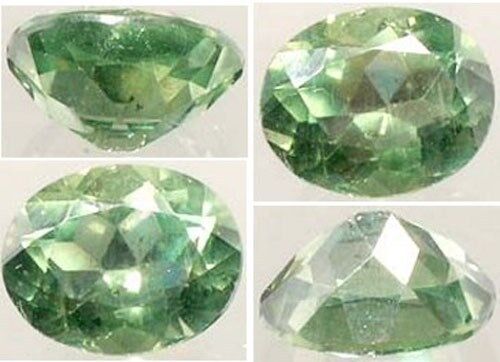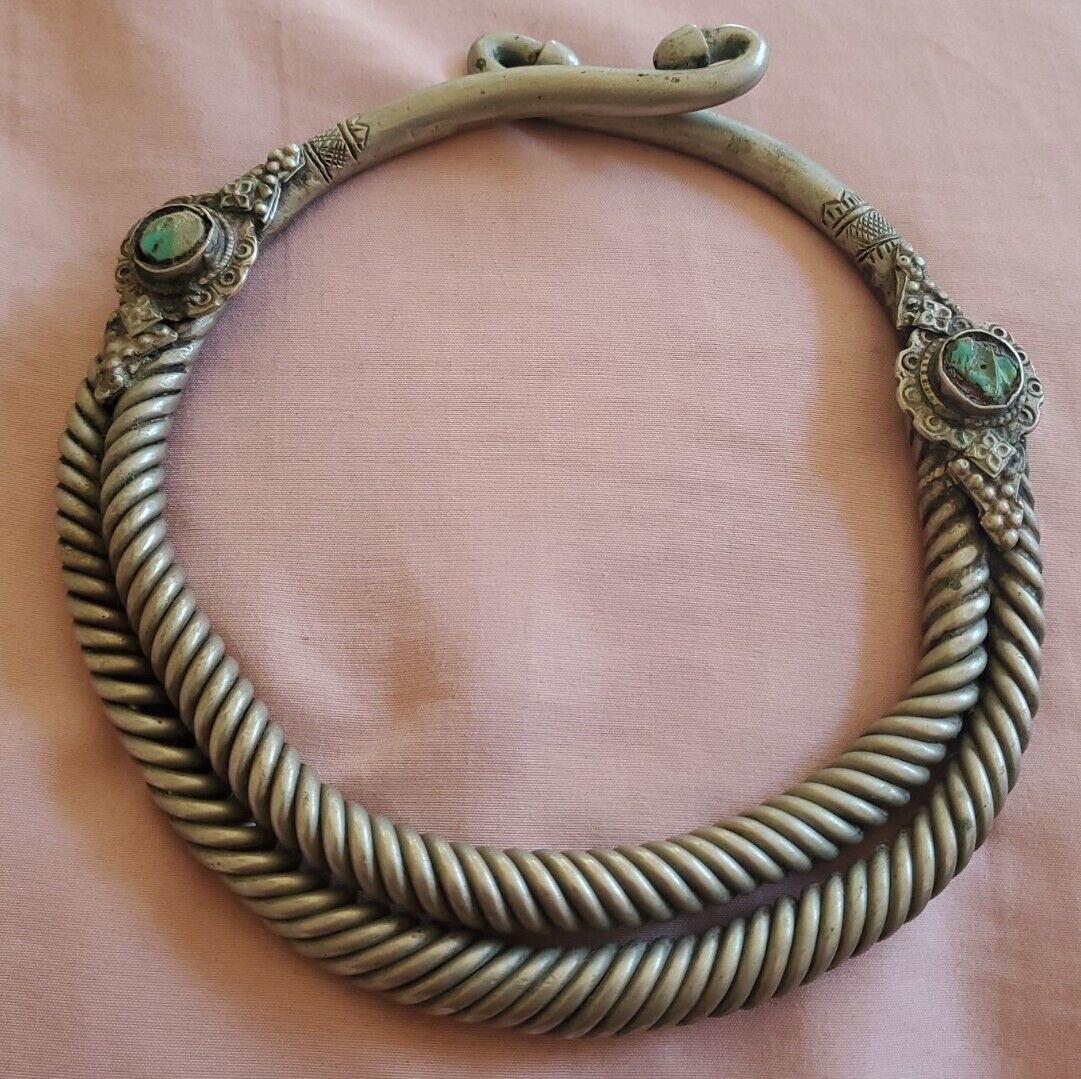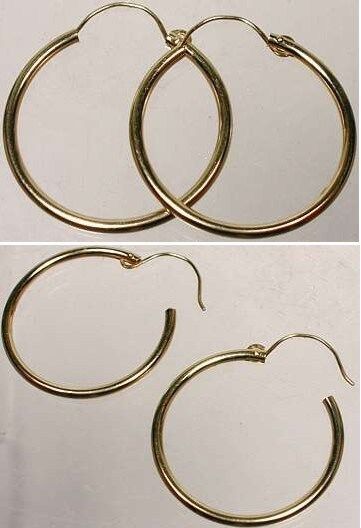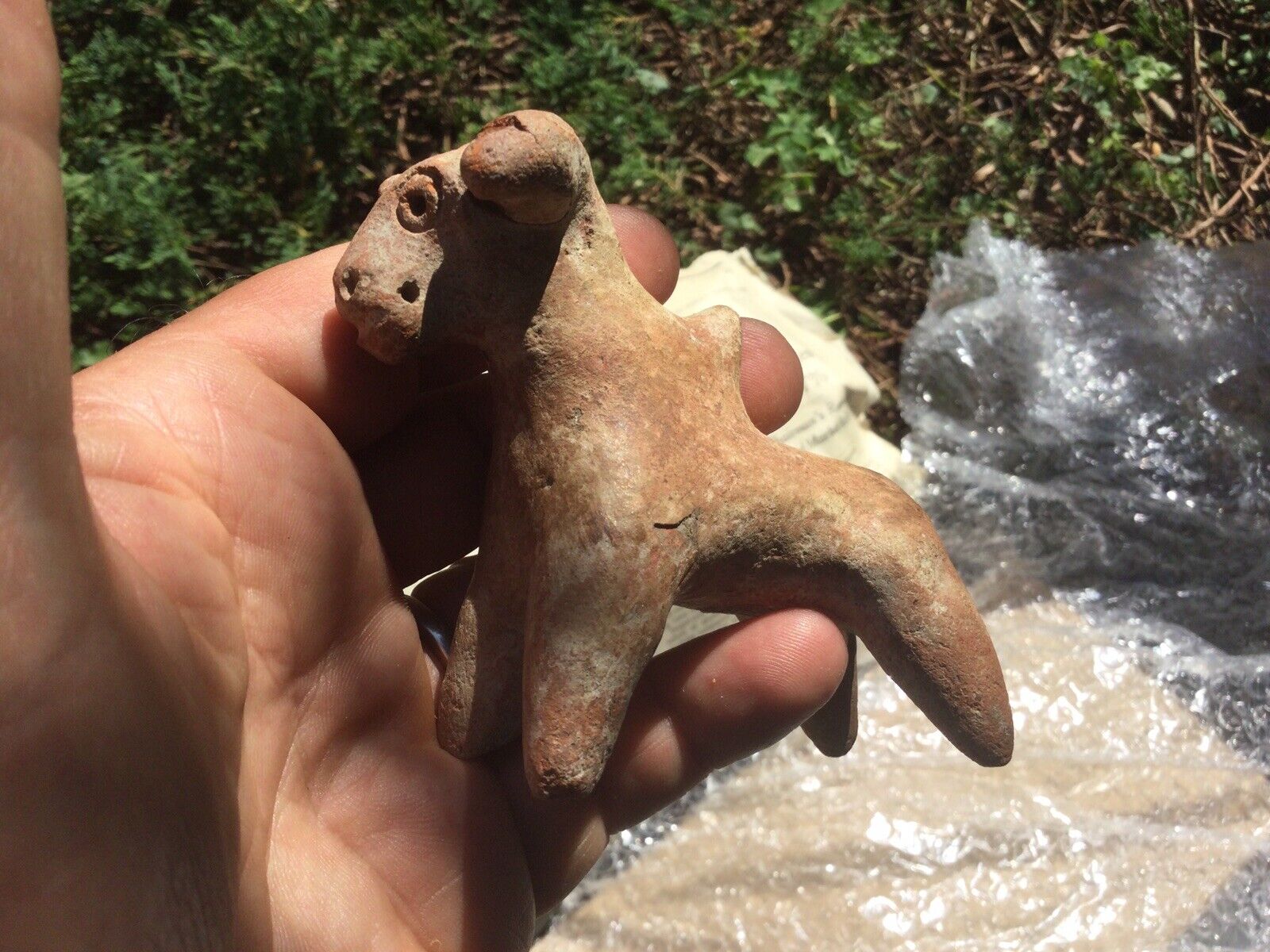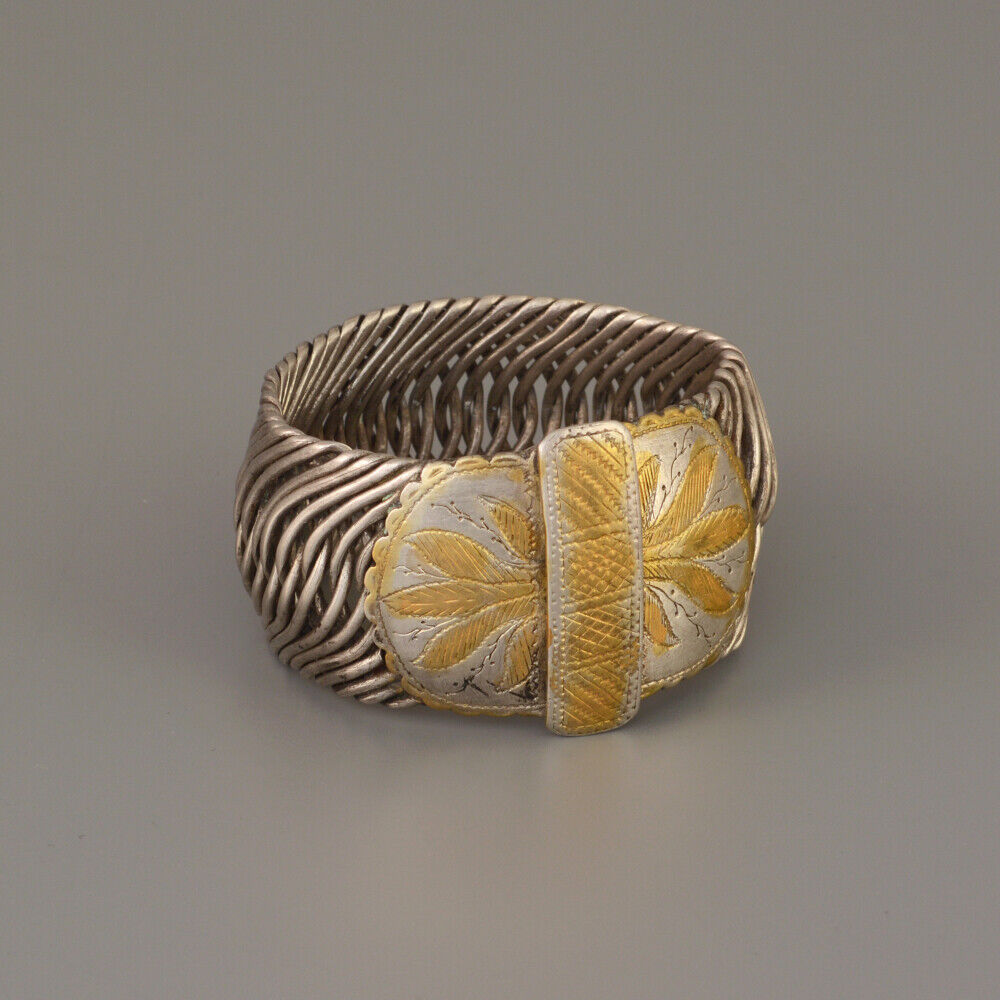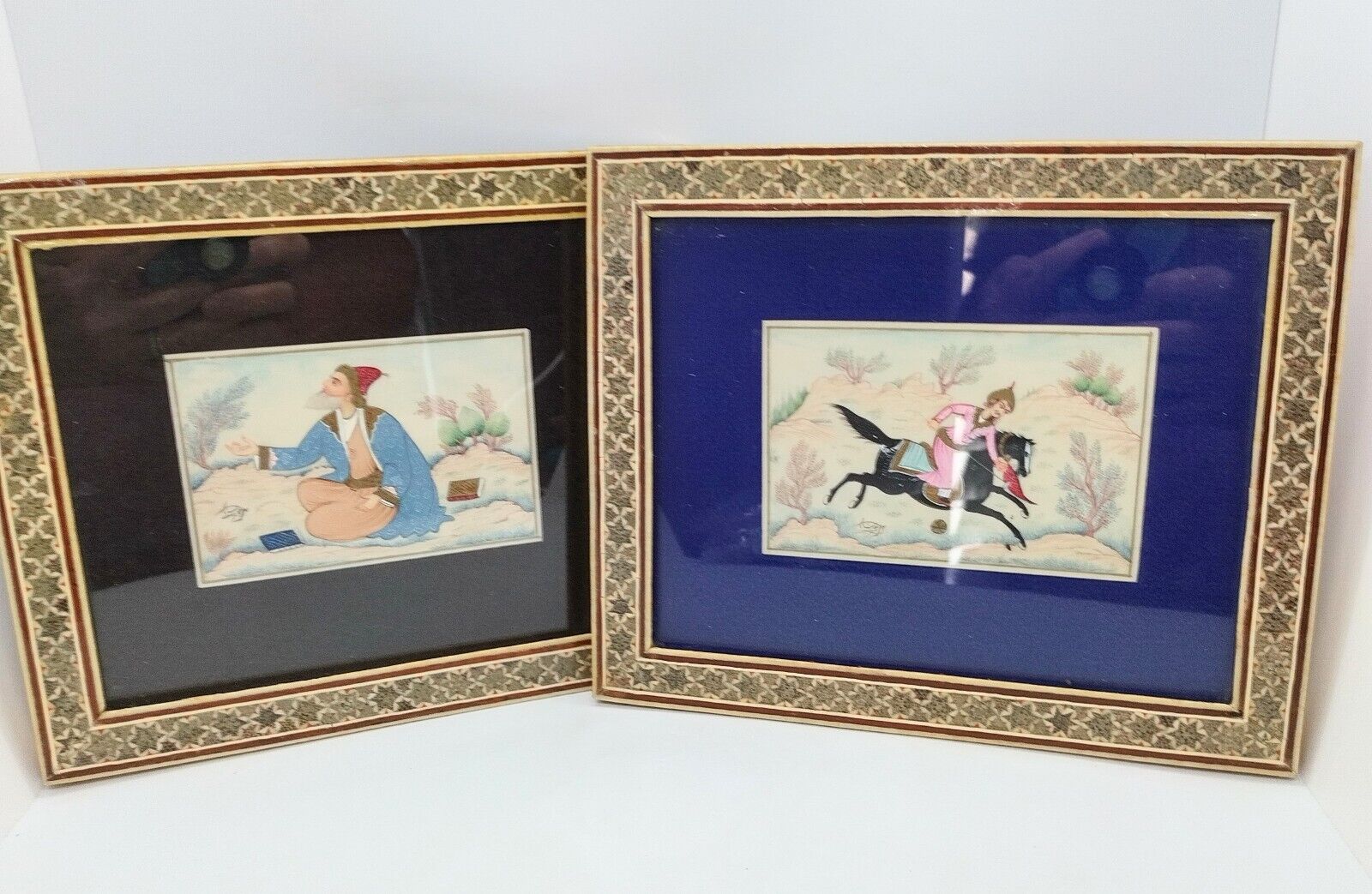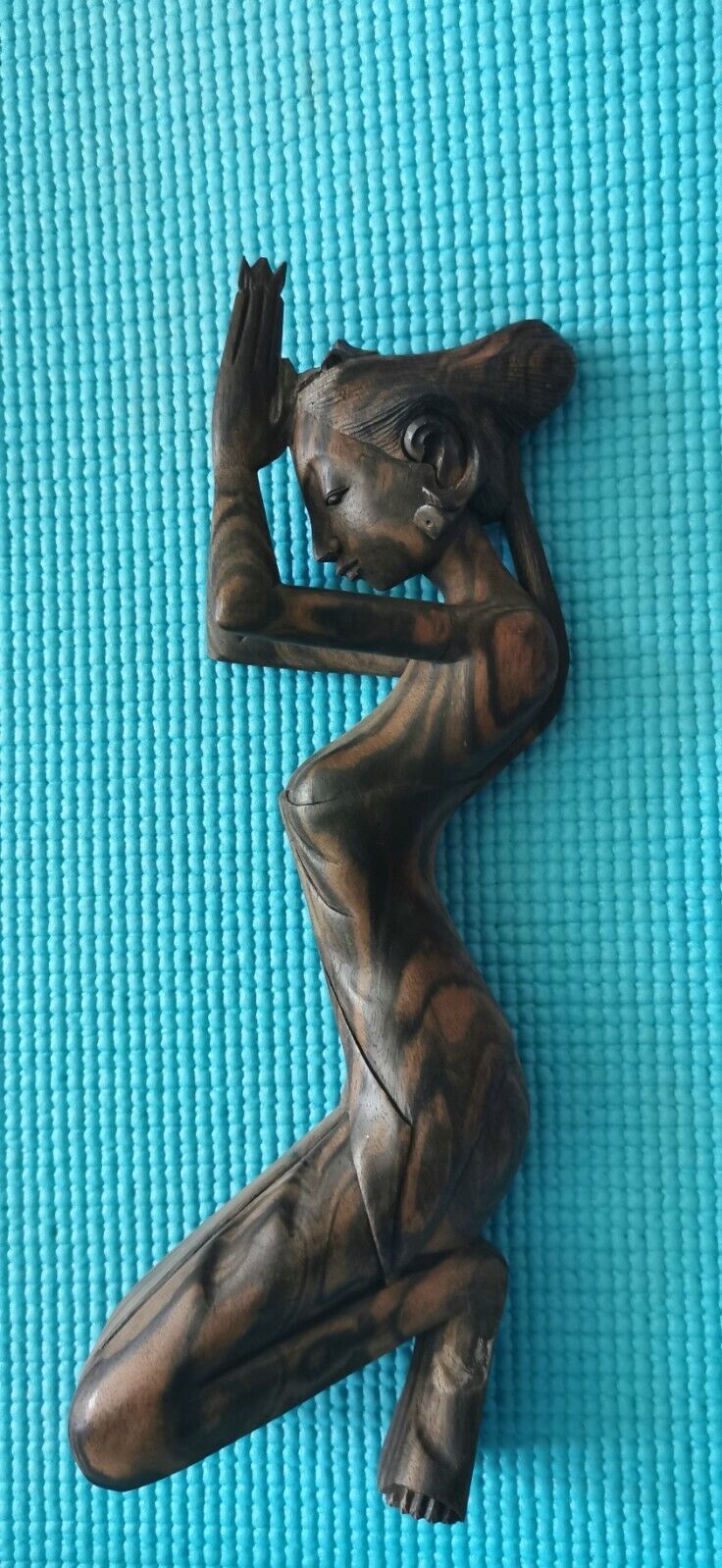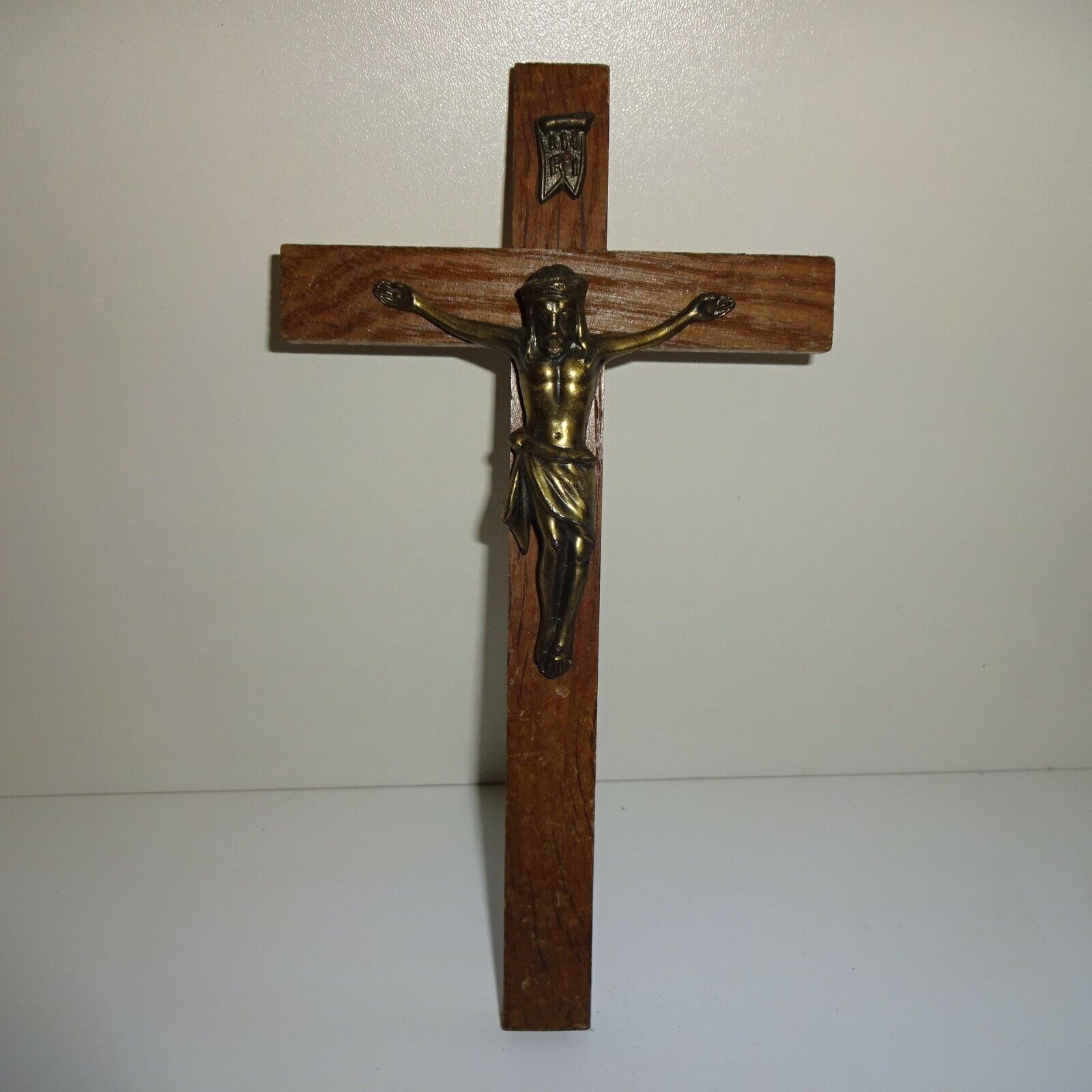-40%
Mask African Crested Fish Bozo 1410
$ 460.18
- Description
- Size Guide
Description
Ref: m-1410Length: 104 cm
Poisson Bozo crest from Mali. Old piece over 40 years old. Piece on plinth.
The bozo constitute a specific group having with the populations which surround them only a few not enough affinities to assimilate them completely to these. It is wrong that some have qualified the bozo people of caste in all the acceptance of this appellation, because, of noble origin and became emigrants at the end of the decadence of the empire of Ghana of which they were part, they chose to be fishermen, because having found themselves at the end of their wandering on the banks of the Niger they then undertook to exploit the resources of this river to provide for their subsistence. Then, gradually improving their techniques, they ultimately made fishing their main activity to which they added a virtual monopoly on inland waterway transport. This is how they became the "masters of water". Then borrowing from the aborigines places where they settled some of the customs of these, they combined them with those they had brought from their country of origin and thus created traditions distinct to a large extent from those of the large groups. In the region of Mopti, just west of Dogon country and above among the Bambara, the Bozo constitute a very specific group. They have so little affinity with the populations that surround them that it would not be reasonable to assimilate them completely to them. Formerly structured as a group in the form of a society giving powers to a sort of nobility, which emigrated at the end of the decline of the Ghana empire in the 11th century of which they were part, the Bozo became fishermen; because having found themselves at the end of their wandering on the banks of the Niger river, they then undertook to exploit the resources of this watercourse first for subsistence. Over time, their techniques improved, fishing became their main activity. And by dint of navigation on the river, they added to their career the quasi-monopoly of the inland waterway. This is how the Bozo have said that they are "the masters of water". During this time, borrowing from the aborigines places where they fixed some of the customs of these, they combined them with those they had brought back from their country of origin. Hence the important distinction between their traditions and those of the large ethnic groups that surround them. We note in particular many masks used for the prayers-incantations of fishermen. Before putting the canoes on the water, they try to dominate the powers of evil spirits and to attract the good graces of the beneficent. Sometimes they sacrifice a ram, a primordial and even deified animal among the Bozo, above the waters of the river. Puppets play an important role in this people, educational and also playful: Called Sogow, they are set in motion during tales relating the forces of nature, the geniuses of the bush, the invisible world in animals and humans. The Manin are other dolls used for tales of initiation into motherhood. These puppet shows are of great importance in Bozo society: the daytime shows are called Tlefedow, the evening shows, Sufe Dow. Sometimes it is the Dji Kan Do, puppets moving on canoes along the river. Spectators follow the traveling spectacle by marching in procession along the shore. The Bozo, who are the oldest occupants of this region of Mali, all fishermen and jugglers according to tradition, claim that they were born from the “first twins”. They worship the water genius Faro. The ram is a valued animal throughout this region. According to the Bozo, he was sacrificed for the first time by Faro, to repair the faults committed by Mousso Koroni, the “ancient little woman”. Then, to an era of disorder, violence and sterility, followed a period of prosperity, order and peace.
African art, African mask
African art african tribal art arte africana afrikanische kunst
Piece delivered with an invoice and a certificate of authenticity.
Ref: m-1410 Length: 104 cm Poisson Bozo crest from Mali. Old piece over 40 years old. Piece on plinth. The bozo constitute a specific group having with the populations which surround them only a few not enough affinities to assimilate them completely to these. It is wrong that some have qualified the bozo people of caste in all the acceptance of this appellation, because, of noble origin and became emigrants at the end of the decadence of the empire of Ghana of which they were part, they chose to be fishermen, because having found themselves at the end of their wandering on the banks of the Niger they then undertook to exploit the resources of this river to provide for their subsistence. Then, gradually improving their techniques, they ultimately made fishing their main activity to which












